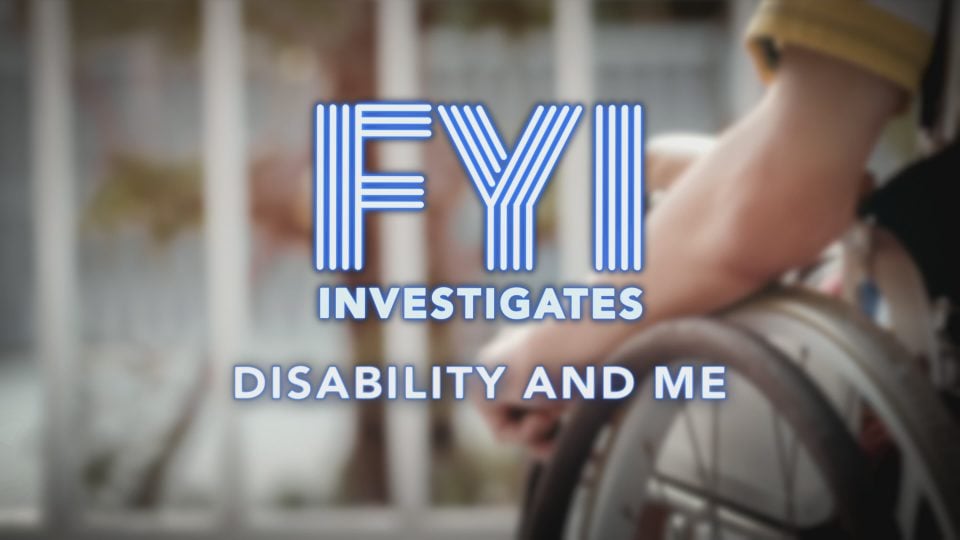Stand up to scammers with these top tips, and find out what to do if you have been the victim of a scam!
Key Scams To Look Out For:
Online shopping scams – These could be products advertised for incredibly low prices, dodgy links to online stores that are impersonating real shops or sellers on second hand websites who take payments for products but don’t send the product.
Email and social media hacking – Scammers will sometimes send phishing links via text or email that ask you to click, or they may guess passwords to try and gain access.
Online banking or payment card fraud – Scammers can hack online bank accounts by impersonating your bank in emails or texts and tricking you into giving away login details, or simply by guessing easy passwords. Thieves can steal contactless bank cards and make purchases in stores.
Online gaming scams – Scammers may pose as players and promise free in-game currency, skins or other extras in return for account login or payment information.
Fake contests – Children may be encouraged to enter a contest that requires a fee or give personal details.
Online quizzes – These sometimes harvest information by asking for birthdays, names, addresses, pets, favourite shows. The answers to these questions can then be used to guess passwords and security answers to access accounts.
Talent scouting scams – A message may encourage you to pay a fee to join a fake talent contest or even upload videos.
Phishing texts – Often very convincing, these can appear to come from real companies or websites asking to confirm passwords, update details or payment information which are then gathered for criminal activity. They sometimes contain links that download spyware onto a user’s device.
Tips To Help You Avoid Scams:
- Never share passwords or login details with anyone (either online or in person) other than a parent or guardian.
- Don’t give personal information of any kind to people online that you don’t know – you wouldn’t do this with a stranger in the street so don’t do it online.
- Never click on suspicious links in texts, emails or social media and look for tell-tale signs of scams such as spelling mistakes or punctuation errors in messages.
- Make sure your online accounts have Two-Factor Authentication enabled. This will send a code to your phone when you log in to an account or make purchases online. If you don’t have the code, you can’t access the accounts. This ensures online accounts are more protected against scammers.
- Be careful how you create passwords and make sure you use strong passwords. Don’t use numbers or words that can be easily guessed (like dates of birth or family names) – use three random words that are not linked together which will be hard for a scammer to guess. For example: Monkey Blue Friday. Adding capitals and numbers or symbols can further strengthen passwords and make them difficult to guess.
Online Shopping Advice:
- Always get help from a trusted adult.
- Where possible use reputable online stores to buy products.
- Don’t click on links from suspicious emails or texts – these could be fake websites imitating real stores.
- Take time when buying things, don’t rush and if a website is making you feel like you have to complete a purchase quickly then question why.
- If in doubt, don’t buy!
- If you have a top up payment card – try disabling the contactless function and use a pin number instead.
Online Gaming:
- If you play online games, keep credits on your account low.
- Don’t interact with people you don’t know or outside of the game or platform.
- If you see something online that worries you or if you think you may have been scammed, then it’s really important to talk to a trusted adult.
- Remember – if it looks too good to be true – it probably is!
What To Do If You Are The Victim Of A Scam:
If you are the victim of a scam then a trusted adult can contact the police on your behalf and report it. Contact Action Fraud – https://www.actionfraud.police.uk
0300 1232040
If you lose money due to a scam, a parent or trusted adult should also contact your bank or financial institution to report it as soon as possible.
Additional resources:
There are lots of resources about scams and scamming available online:




